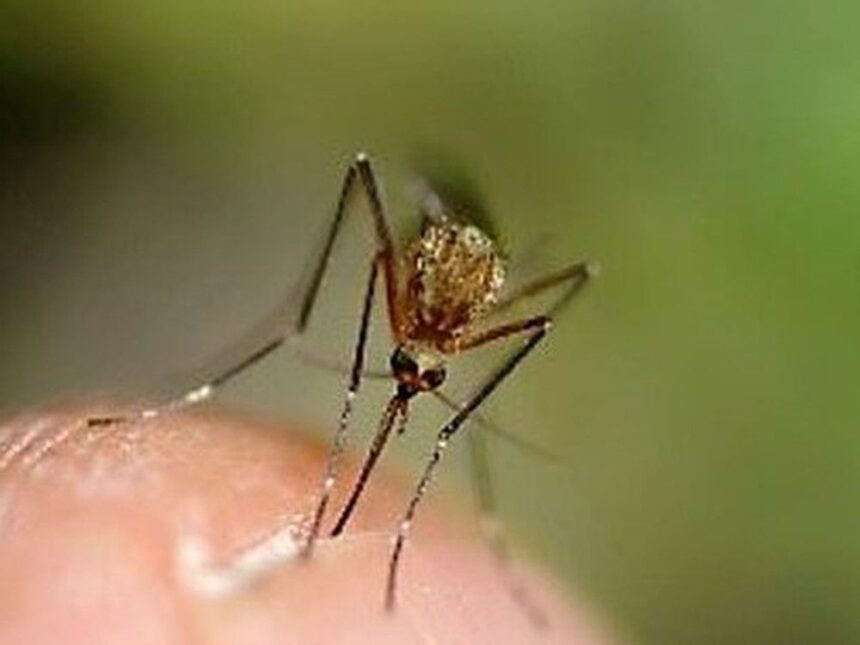Health authorities across British Columbia’s Sea-to-Sky corridor have launched an urgent investigation following a concerning cluster of encephalitis cases potentially linked to mosquito transmission. This unexpected development marks a significant shift in the region’s public health landscape, where mosquito-borne illnesses have historically been rare.
The investigation centers on six patients diagnosed with encephalitis over the past three weeks in communities stretching from North Vancouver to Pemberton. Provincial Health Officer Dr. Bonnie Henry confirmed yesterday that all cases display similar neurological symptoms, including severe headaches, confusion, and in two cases, seizures.
“What’s particularly alarming is the timing and geographical concentration of these cases,” Dr. Henry explained during a press briefing at the BC Centre for Disease Control headquarters. “While we cannot definitively confirm mosquito transmission yet, the clinical presentation and environmental factors point strongly in that direction.”
Environmental sampling has detected unusually high mosquito populations throughout the corridor this summer, with preliminary testing identifying West Nile virus antibodies in three patients. The remaining cases are undergoing comprehensive testing for other mosquito-borne pathogens including Eastern equine encephalitis virus and Powassan virus.
Climate researchers from the University of British Columbia suggest this outbreak may represent another concerning manifestation of climate change impacts. “The warming trend in British Columbia has created increasingly favorable conditions for both mosquito proliferation and pathogen replication within these vectors,” noted Dr. Sarah Westbrook, an epidemiologist specializing in vector-borne diseases at UBC.
The Ministry of Health has deployed additional resources to affected communities, including enhanced mosquito surveillance, expanded testing capacity, and public education campaigns. Residents throughout the Sea-to-Sky region are being advised to take immediate precautions, including using EPA-registered insect repellents, eliminating standing water near homes, and installing or repairing window screens.
Dr. Michael Patterson, Medical Health Officer for Vancouver Coastal Health, emphasized the importance of seeking medical attention for any concerning neurological symptoms. “Early intervention can significantly improve outcomes in viral encephalitis cases,” Patterson stated. “Anyone experiencing persistent headaches, confusion, neck stiffness, or unusual sensitivity to light should contact healthcare providers immediately.”
The cases have prompted coordination between provincial health authorities and the Public Health Agency of Canada, which has dispatched a field epidemiology team to assist with the investigation. Officials stress that while the situation warrants caution, the overall risk to the general public remains low.
This potential outbreak represents a troubling first for the region, occurring against the backdrop of increasing vector-borne disease incidence across North America. Similar patterns have emerged in previously unaffected regions of Washington State and Oregon, suggesting broader ecological shifts may be enabling the northward expansion of these pathogens.
As summer temperatures peak and outdoor activities increase, health officials face the dual challenge of containing this potential outbreak while preventing public alarm. The BC Centre for Disease Control has established a dedicated hotline for residents concerned about symptoms or seeking prevention guidance.
As British Columbia navigates this unexpected health challenge, the question emerges: are we prepared for the new reality of climate-influenced disease patterns that may permanently alter our understanding of public health risks in the Pacific Northwest?

























